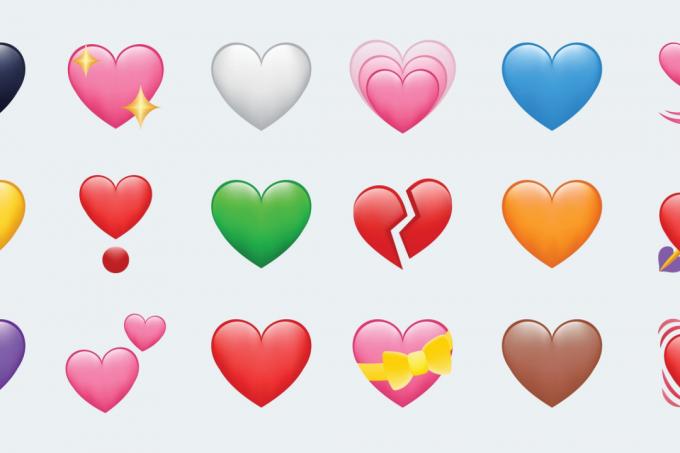The year 2022 is full of shows astronomical, then August will not be lacking. As a highlight, there will be a Perseid meteor shower in the first half of the month, which can be better observed on the 12th and 13th. Other interesting astronomical events will happen in the coming days. Keep an eye on the dates!
Read more: James Webb Telescope Reveals Universe's Oldest Galaxy
see more
China: Undisputed leader in electric vehicles – How they…
Should I share the soap with my family?
Meteor shower expected in August
The famous Perseid meteor shower is known as one of the best of its kind as far as observation is concerned. We can expect up to 60 meteors per hour at its peak. This rain occurs every year between the 17th of July and the 24th of August.
The rain in question is “produced” by the comet Swift-Tuttle. The Earth passes close to the wreckage of this celestial body at this time of year, but there is bad news for some people: in Brazil, its observation is easier in the North and Northeast regions. Furthermore, the moon will be nearly full at peak period, making general viewing difficult.
Because the moon is so much brighter than anything else in the night sky, especially at full, it will almost go out. all but the brightest Perseids as they pass through our atmosphere and burn high above us.
Tips for better observing the meteor shower
To observe it better, go to a place with a clear sky, wait until 2:30 in the morning and then look for the radiant, which is the constellation of Perseus, as it is at this time that it appears in the north. However, the best time to observe the meteors is still before sunrise, around 6 am. It's tough, but it's worth it.
Other astronomical phenomena in August
The full moon begins on August 11th and is expected to be the last supermoon of the year. On the 18th, the maximum activity of the kapa-Cignid meteor shower will take place. As it will be at its peak, it can be seen with the naked eye in regions with clear skies, provided it has low urban luminosity.
In addition, NASA will launch the first mission of the Artemis program on August 29 at 10:33 am (Brasilia time). If the launch actually takes place on this date, the mission will last 42 days. The return of the Orion capsule to Earth will be 42 days after launch, on October 10.

